Every autumn, a familiar topic appears on the agendas of municipal decision-makers. The income and expenditure of the municipality should match in the following years.
Usually, the budget is prepared more or less behind closed doors, but this autumn, four municipalities tried something new. In Merikarvia and Pieksämäki, citizens’ panels were established, made up of ordinary residents, to evaluate the municipality’s spending and suggest ideas and solutions for the budget.
In addition, youth councils in Mäntyharju and Kaarina have been making recommendations to help municipal decision-makers.
The above-mentioned experiments funded by Sitra contribute to easing Finnish municipalities’ financial pressure for change. Municipal finances are under strain due to the reform of health and social services, demographic changes, and the end of Covid-19 subsidies.
“Involving residents in budgeting can make it easier to take tough decisions and help the municipality to develop in a sustainable and effective way. In the best case, it will increase the understanding of municipal decision-makers and residents of the social and financial impacts of budget decisions,” says Pauli Saloranta, Specialist at Sitra.
“Mini Pieksämäki” recommended investment in business orientation
Pieksämäki, a city of 18,000 inhabitants in the Finnish Lakeland, already had experience of involving residents in financial planning. In 2015, the residents’ association Pieksämäkeläiset organised discussions (in Finnish) in which residents proposed savings of up to €7 million.
In this year’s experiment, Pieksämäki randomly selected the participants for the citizens’ panel to ensure that the panel was as representative of the population as possible. In this way, not only community activists will be heard.
Responsibility should be shifted to the residents in exactly this way. In Finland, it’s easy to vent on social media that things are done wrong.
Invitations to the panel were sent to a thousand residents, of whom 70 volunteered. A “mini Pieksämäki” was formed from this group; the participants were of different ages, and from different parts of the municipality, and their gender distribution was balanced.
The panel was given orientation by heads of department and financial directors, and then worked in small groups on proposals. At the end of the work, all 20 participants were in favour of continuing to use citizens’ panels.
“It was surprising how much money even a small city like ours needs,” Andreas Lamberg, a supervisor who participated in the panel, told Yle news (in Finnish).
However, in a Yle online article (in Finnish) on the same topic, he argues that challenging the residents was the right thing to do.
“Responsibility should be shifted to the residents in exactly this way. In Finland, it’s easy to vent on social media that things are done wrong.”
The top recommendations from the Pieksämäki citizens’ panel were business orientation, increasing the efficiency of procurement, investing in city marketing and making residential environments more pleasant.
According to the residents, business orientation could be supported by developing advisory services, creating test environments for entrepreneurs and investing in facilities. One very concrete proposal made by the panel was to build an easily adaptable mobile production hall, at an estimated cost of EUR 150,000–300,000.
In the Pieksämäki experiment, the aim was to match the proposals of the panel with the city’s resources and strategy. The work involved assessing how the city’s strategy is visible in the sector-specific budget proposals and how the implementation of the strategy could be monitored more closely.
All of the citizens’ panel’s budget and strategy proposals can be found in this presentation (in Finnish).
Merikarvia residents focused on strengthening municipal education services and employment
Merikarvia is a small coastal municipality of some 3,000 inhabitants, which more than doubles in the summer. In the Merikarvia experiment, anyone who was willing was invited to participate in the citizens’ panel: permanent residents, summer residents, entrepreneurs and associations.
The measures related to the panelists’ proposals will be recorded separately in the 2024 budget.
The panel met four times, and consisted of 14 members. After examining the municipality’s finances, the panelists presented their proposals (in Finnish) to the city councillors at a joint seminar in October.
“What was particularly pleasing about the experiment was the diversity of the ideas that emerged. Some require no money – they can be realised by increasing co-operation – while others call for considerable financial investment. The measures related to the panelists’ proposals will be recorded separately in the 2024 budget,” says Sari Hatanpää, Administrative Director of Merikarvia Municipality.
The Merikarvia panel proposed that the municipality’s spearhead projects should be to promote employment and strengthen municipal education services the. The strong position of the upper secondary school was seen as important, and offering tuition in optional subjects in co-operation with other educational institutions was seen as an intelligent way of working.
Investment in job matching was also considered to be important in light of the forthcoming reform of employment and economic development services. The municipal management of Merikarvia supported the residents’ view: from 2025 onwards, municipalities will directly pay labour market support to the unemployed, so there will be increasing incentives to maintain employment.












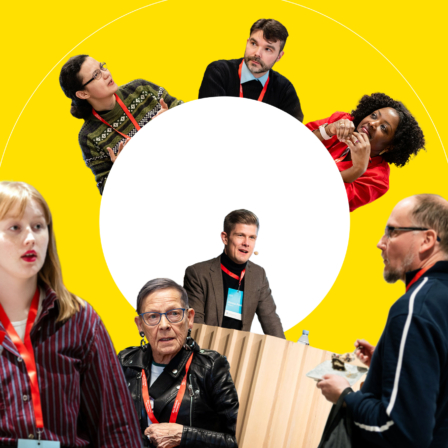


Recommended
Have some more.